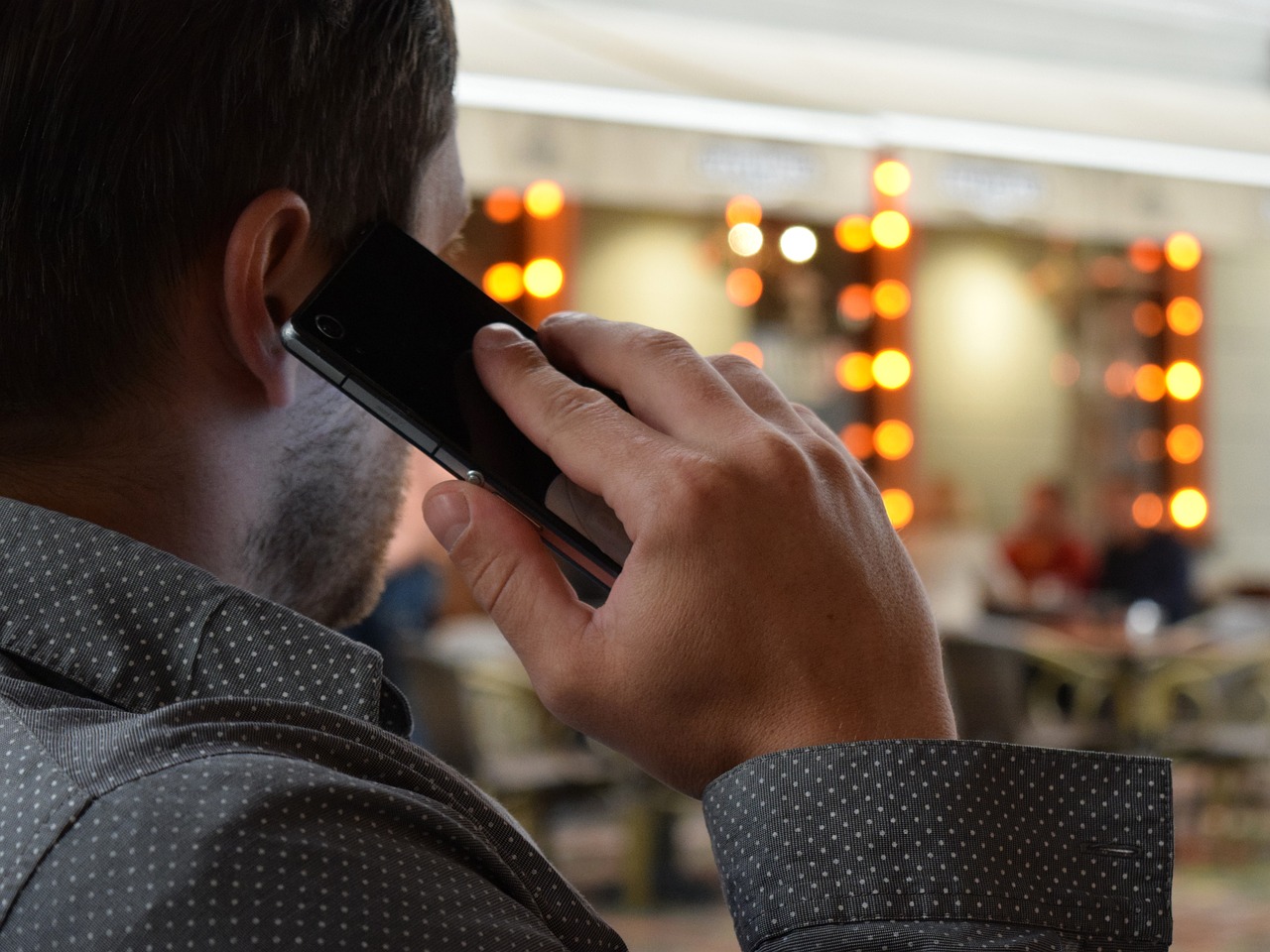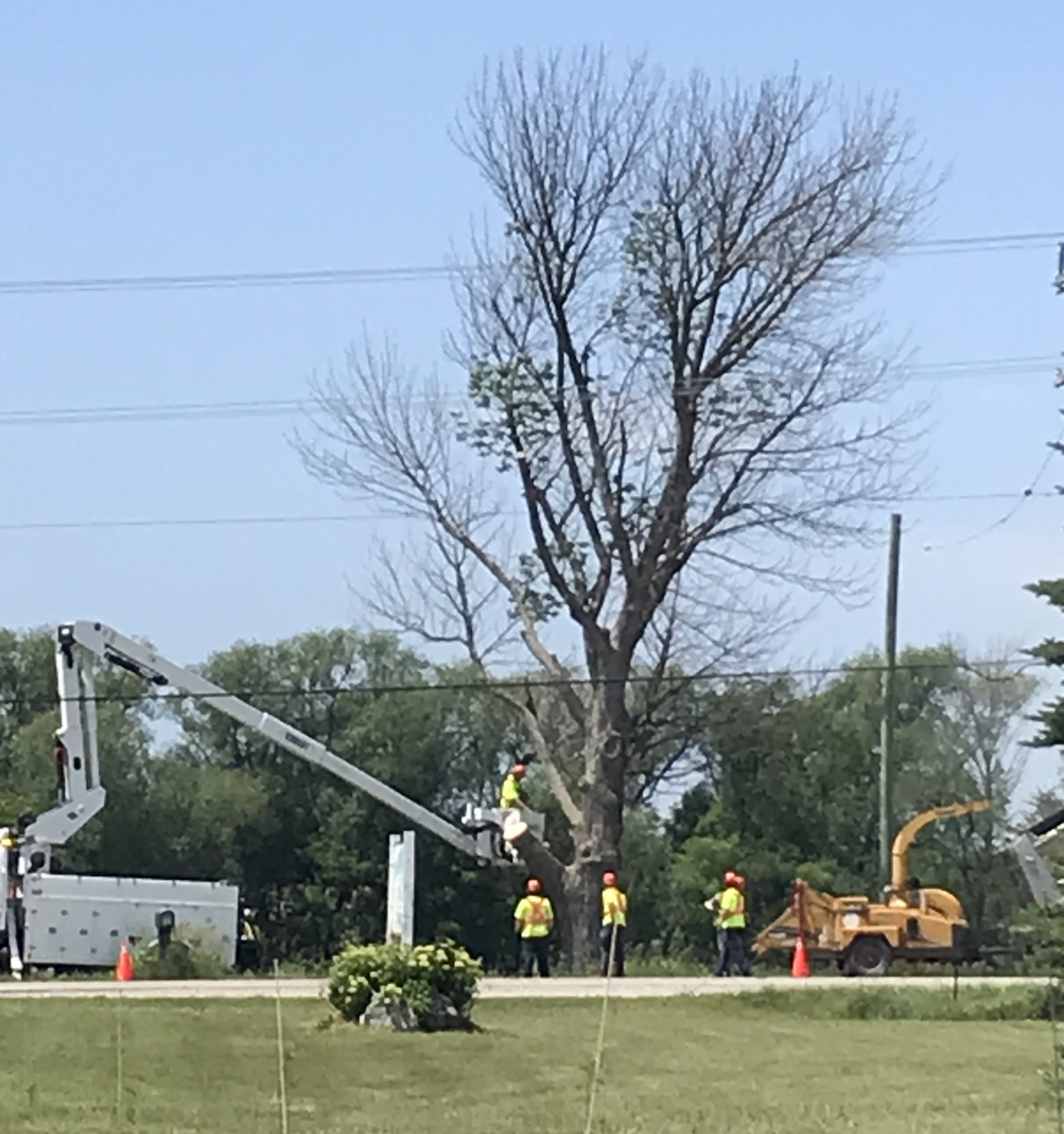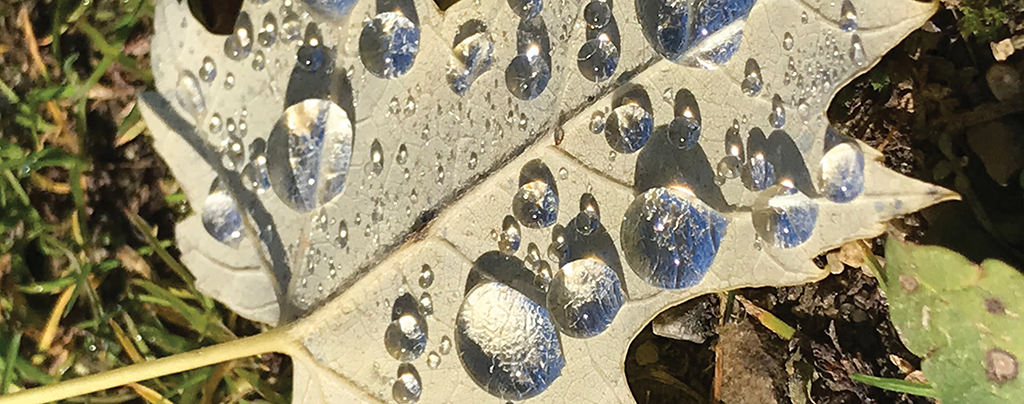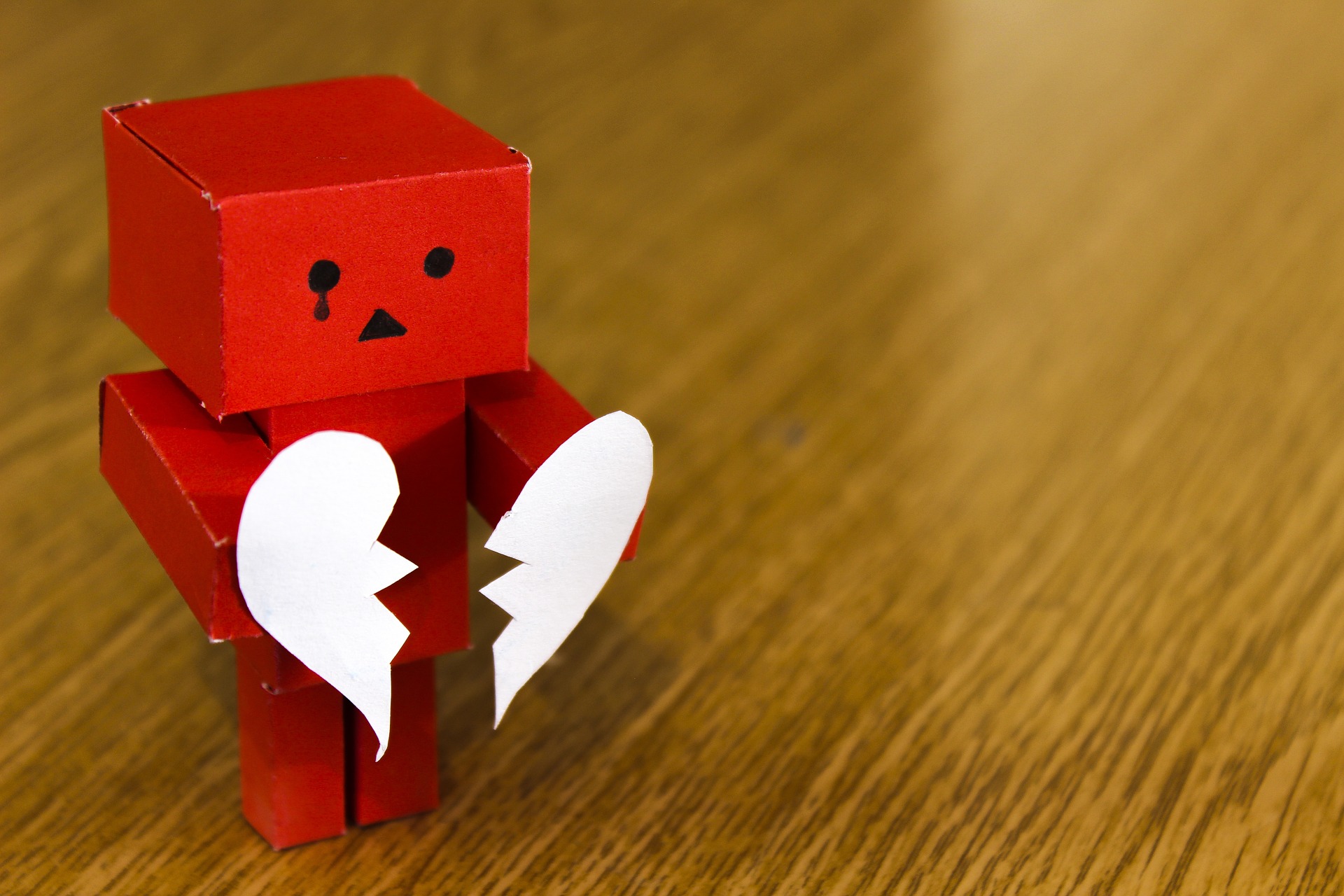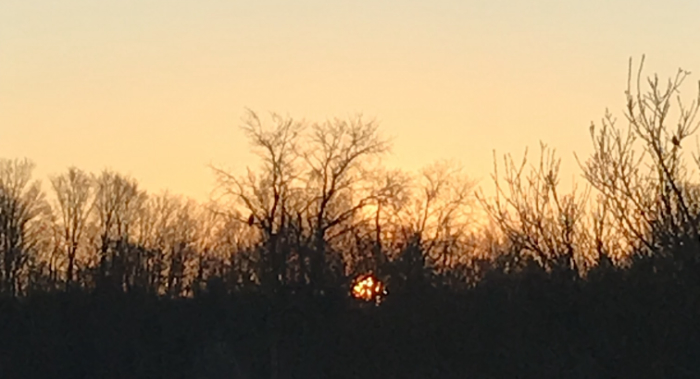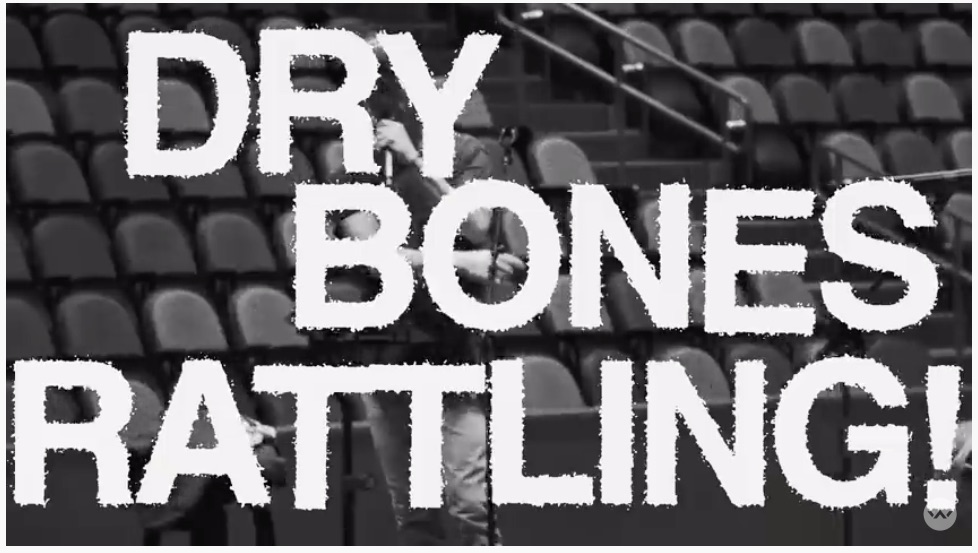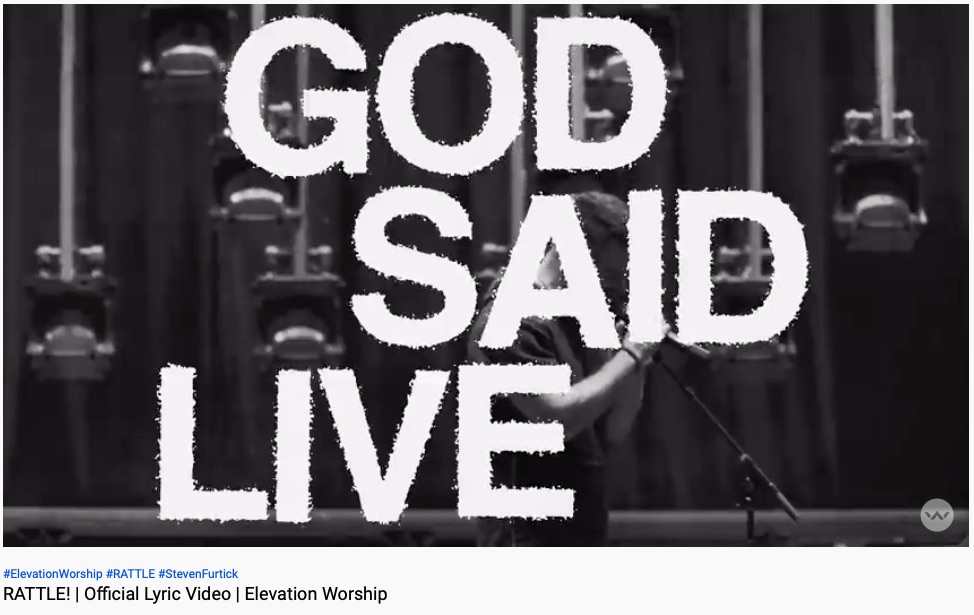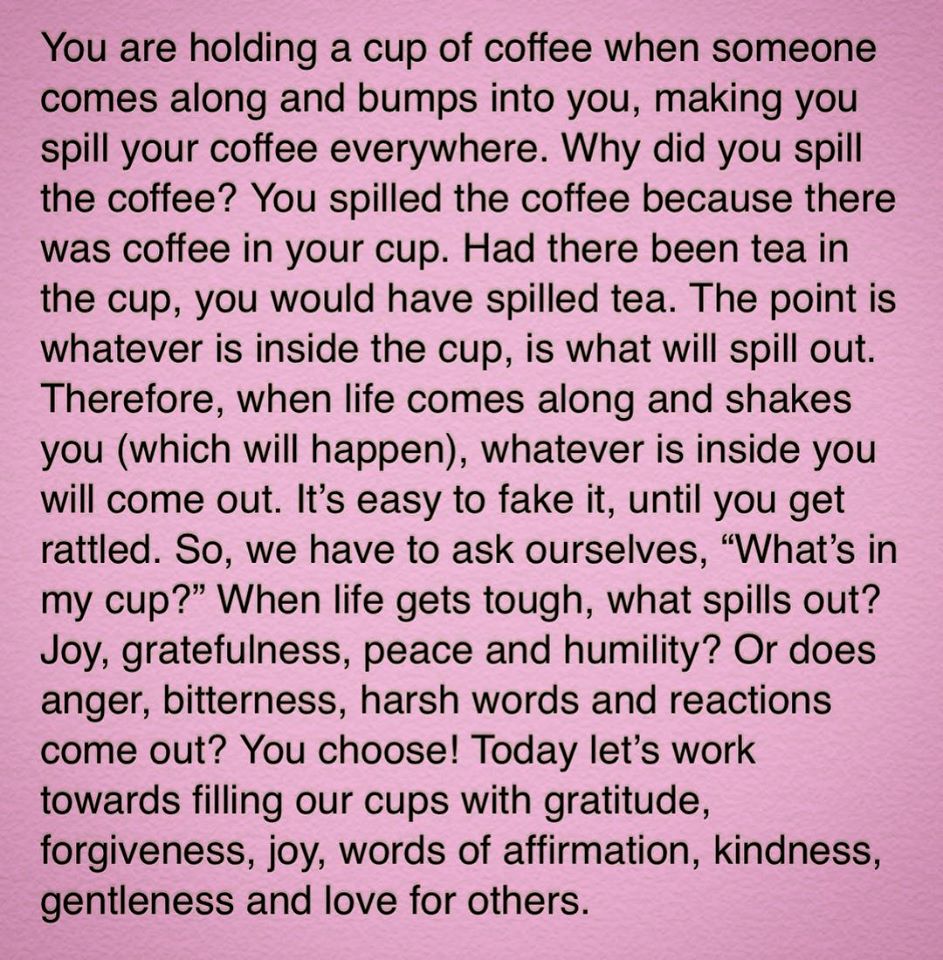I had a calculus teacher regularly proclaim there were three unavoidable things in life: Pythagorean theorem, taxes and death. Interestingly, he always listed them in the opposite order, probably for math related dramatic emphasis.
If Mr G was right, and let’s face it, evidence including property tax bills, my child’s grade 10 math homework and the local newspaper obituary section all support this assessment, how do we shift how we approach death and dying? How do we change the narrative and make preparing for death part of living? What hope do we have in a society where the financial gains of corporations and the “we can cure-treat-solve everything if you fight hard enough” mentality are engrained and accepted throughout society?
To die is perceived as “losing” the fight. To have a patient die suggests a doctor has “failed” to save them. No doctor wants to be thought of as a “loser” and certainly no doctor and likely no patient wants to fail.
So how then do we approach death in a healthy wholesome heart-centered way?
Enter the death doula.
Just as a birth and pregnancy midwife helps transition a state of life, so too does a death doula. Other titles include End of Life Doula, End of Life Consultant, and Death Midwife all of which are premised on the idea and privilege of companioning individuals through their end of life journey, the transition from one state of being into another.
We are called into this work. It is a sacred time and sacred space. It can be heart wrenching and beautiful and heart-wrenchingly beautiful.
From the point of terminal diagnosis or advanced age, through death, the grief journey beyond and every possible step in between, death doulas walk alongside individuals and their caregivers with a desire to create and hold this sacred space. Space where it is safe to talk about death and dying. Space where all emotions and experiences are welcomed and encouraged. Space where death is part of life not a separate step to be feared, maligned or avoided.
It can be space where regrets and reconciliation are explored, where plans are made for ritual, legacy and celebration and where the life lived is remembered and life lost is lamented.
In all of these, the death doula is companion, witness, advocate and presence.
We are all going to die. Our loved ones are all going to die. The key question is, how do we want the experience of death to unfold?
